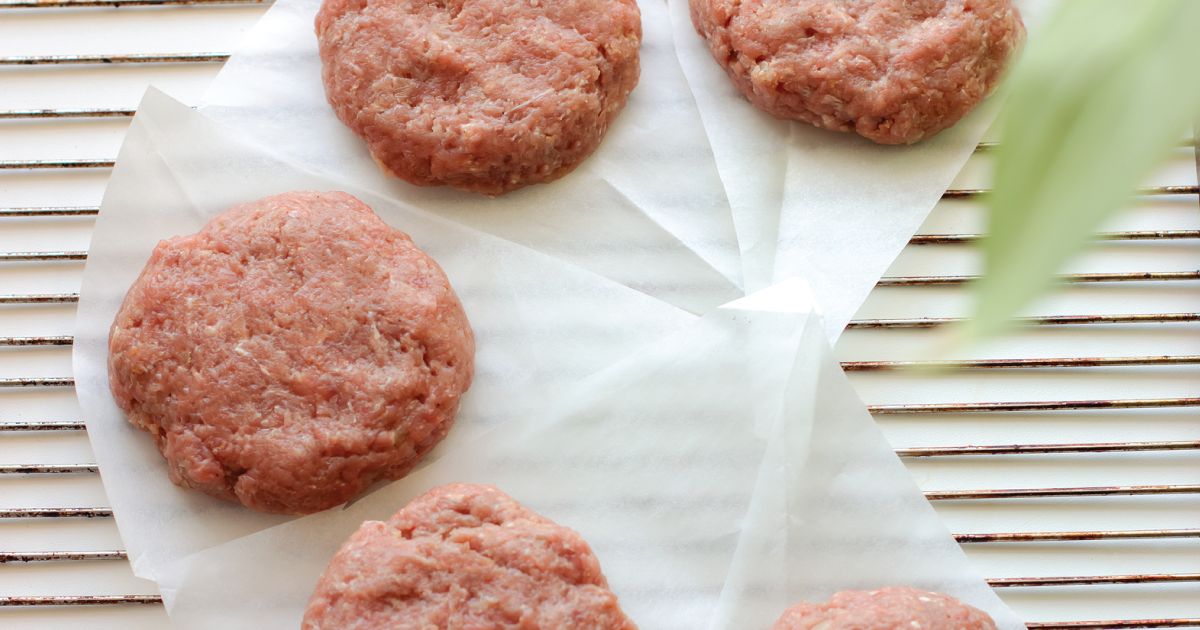
The FoodPrint of Fake Meat
Several years ago, I found myself at a food-tech investment conference in a tony San Francisco hotel ballroom. I’ll never forget the first pitch deck I saw that began with a screed against the horrors of factory farming. Slide after slide shared some of the impacts: the toll on climate and biodiversity, for instance, the link to foodborne illnesses and antibiotic-resistant bacteria.
January 4, 2023 | Source: FoodPrint | by Jerusha Klemperer
Several years ago, I found myself at a food-tech investment conference in a tony San Francisco hotel ballroom. I’ll never forget the first pitch deck I saw that began with a screed against the horrors of factory farming. Slide after slide shared some of the impacts: the toll on climate and biodiversity, for instance, the link to foodborne illnesses and antibiotic-resistant bacteria. The arguments echoed ones I’d been hearing my whole life, raised by a mother who had published her first book, Diet for a Small Planet, two years before I was born. In that book — revisited this year in a celebratory 50th anniversary edition — my mother, Frances Moore Lappé, documented the enormous inefficiencies built into industrial livestock production: Turning over vast amounts of prime agricultural land to raise crops to feed livestock was just one of the elements of waste in the design of factory farms, what she dubbed “protein factories in reverse.”
